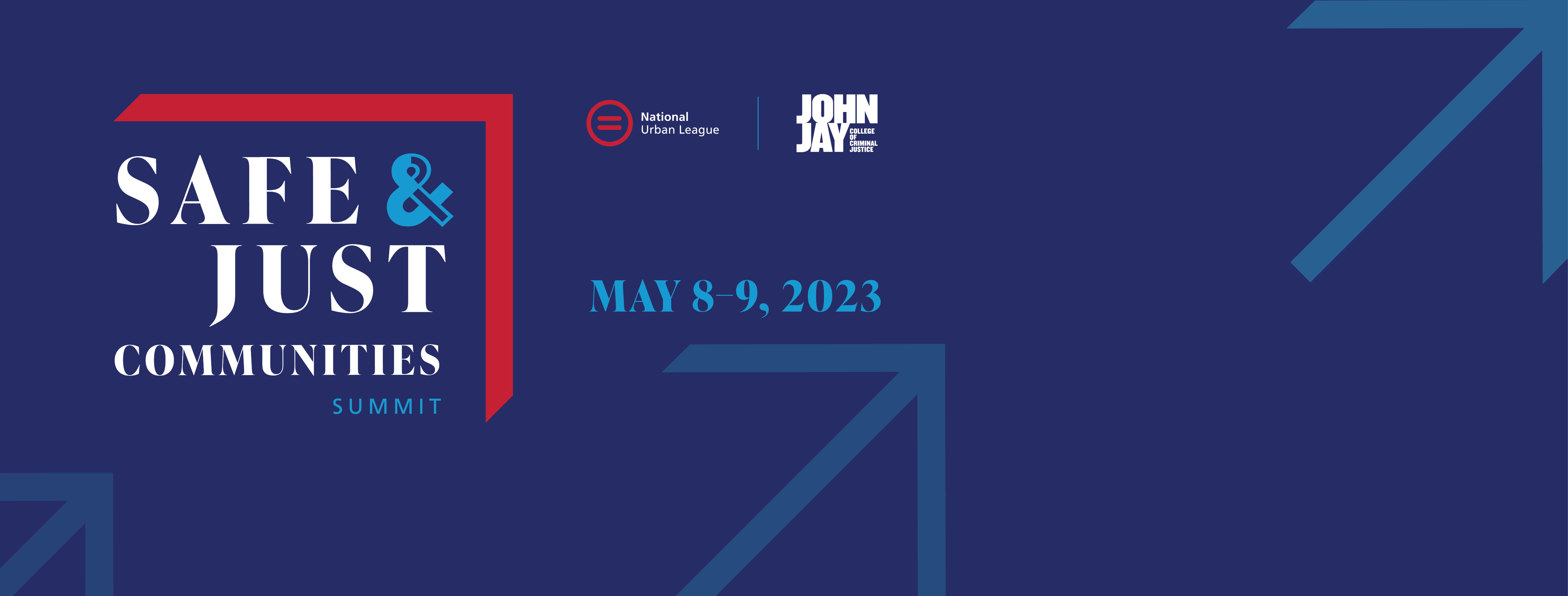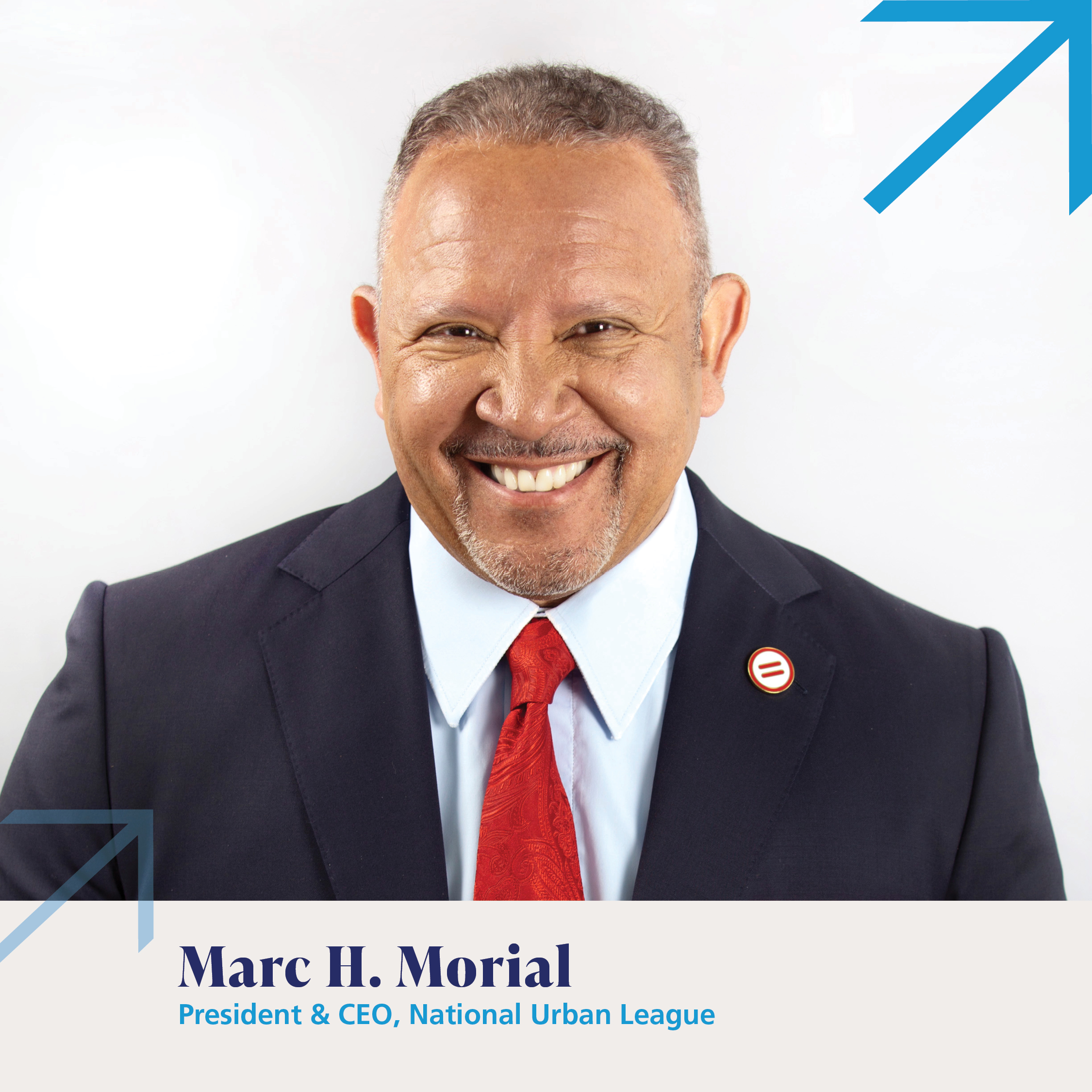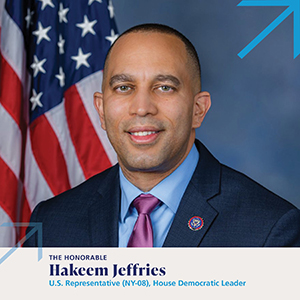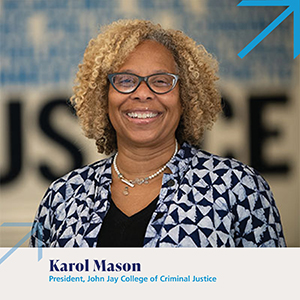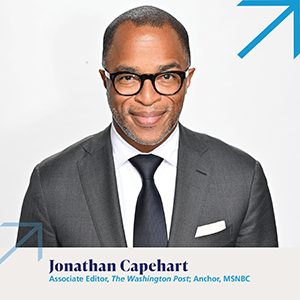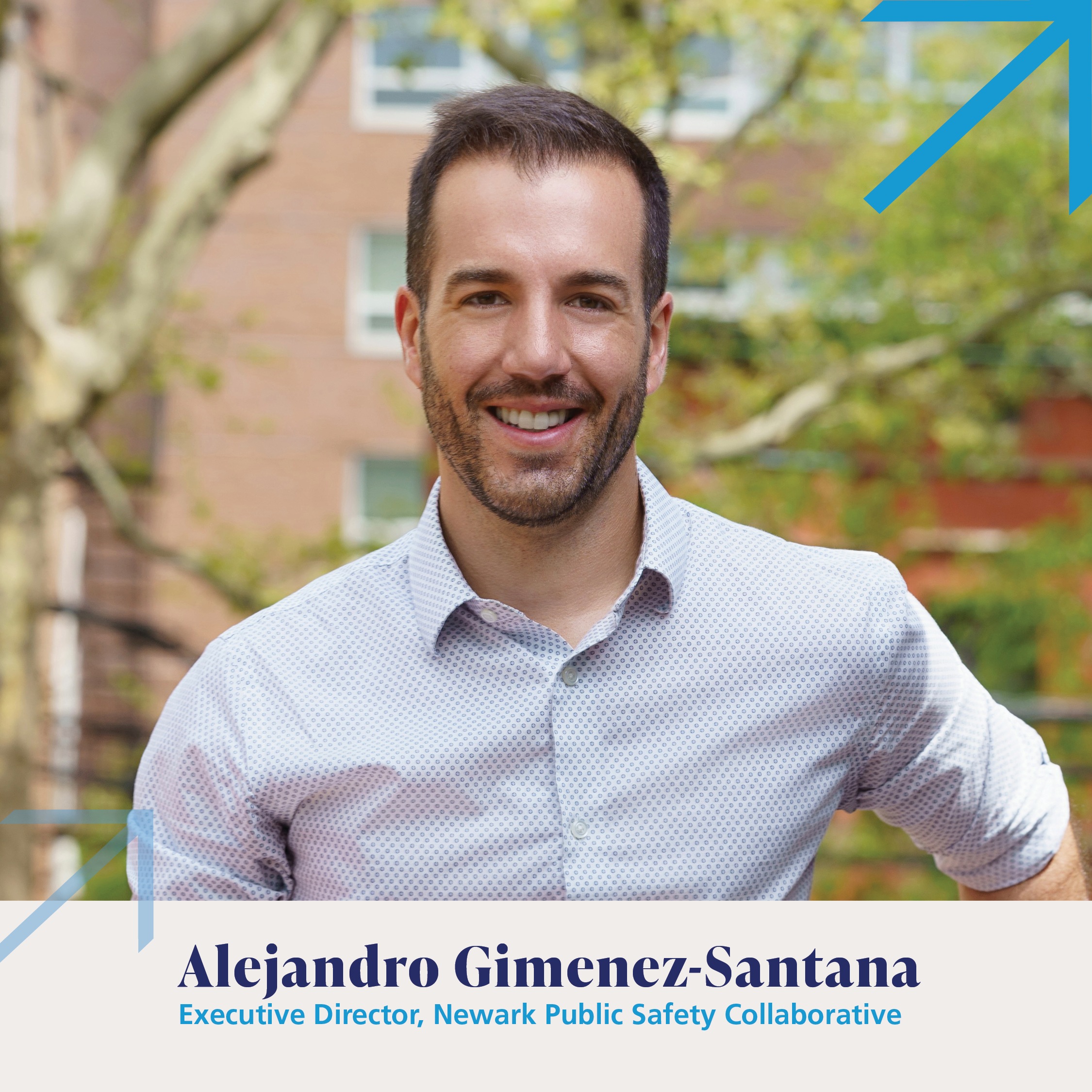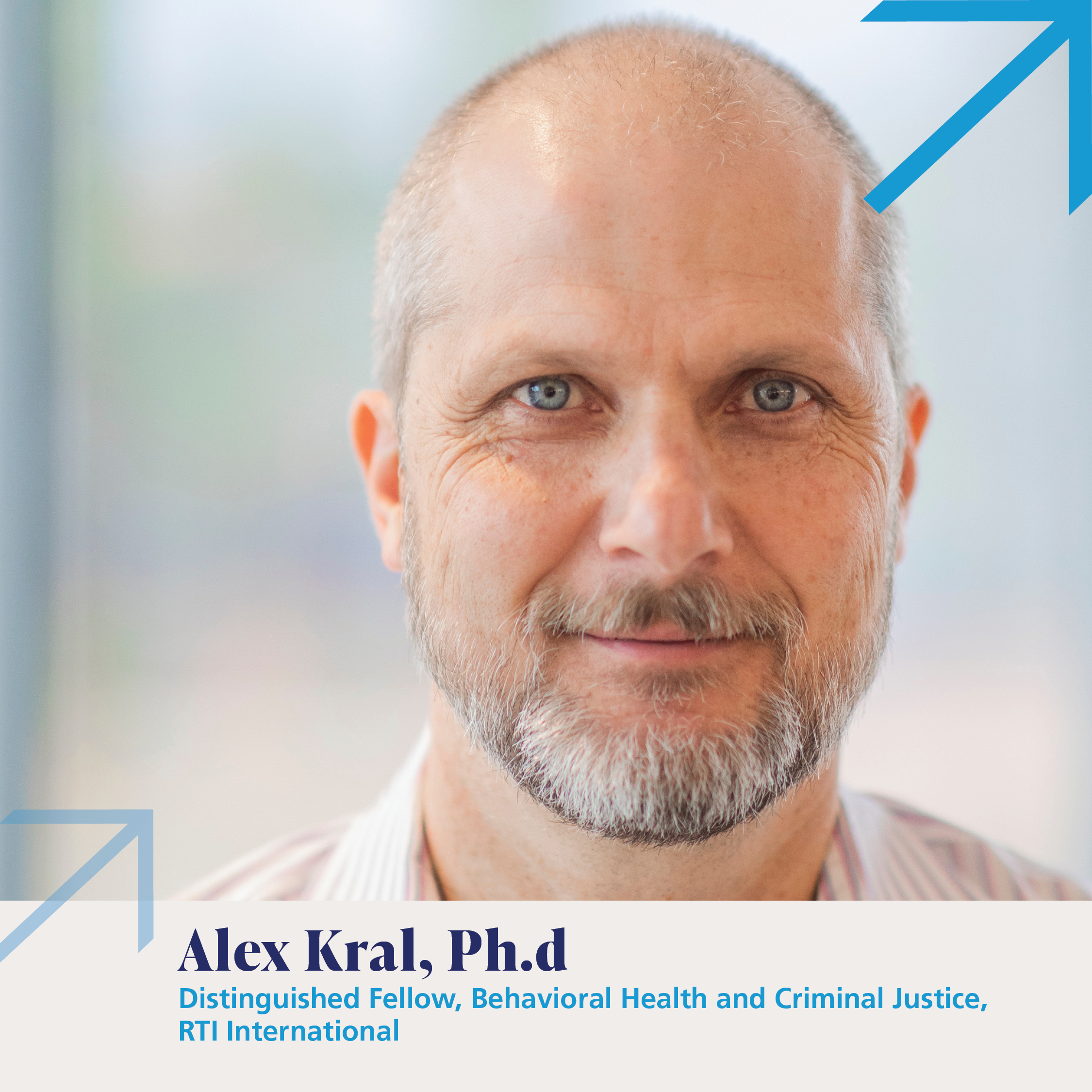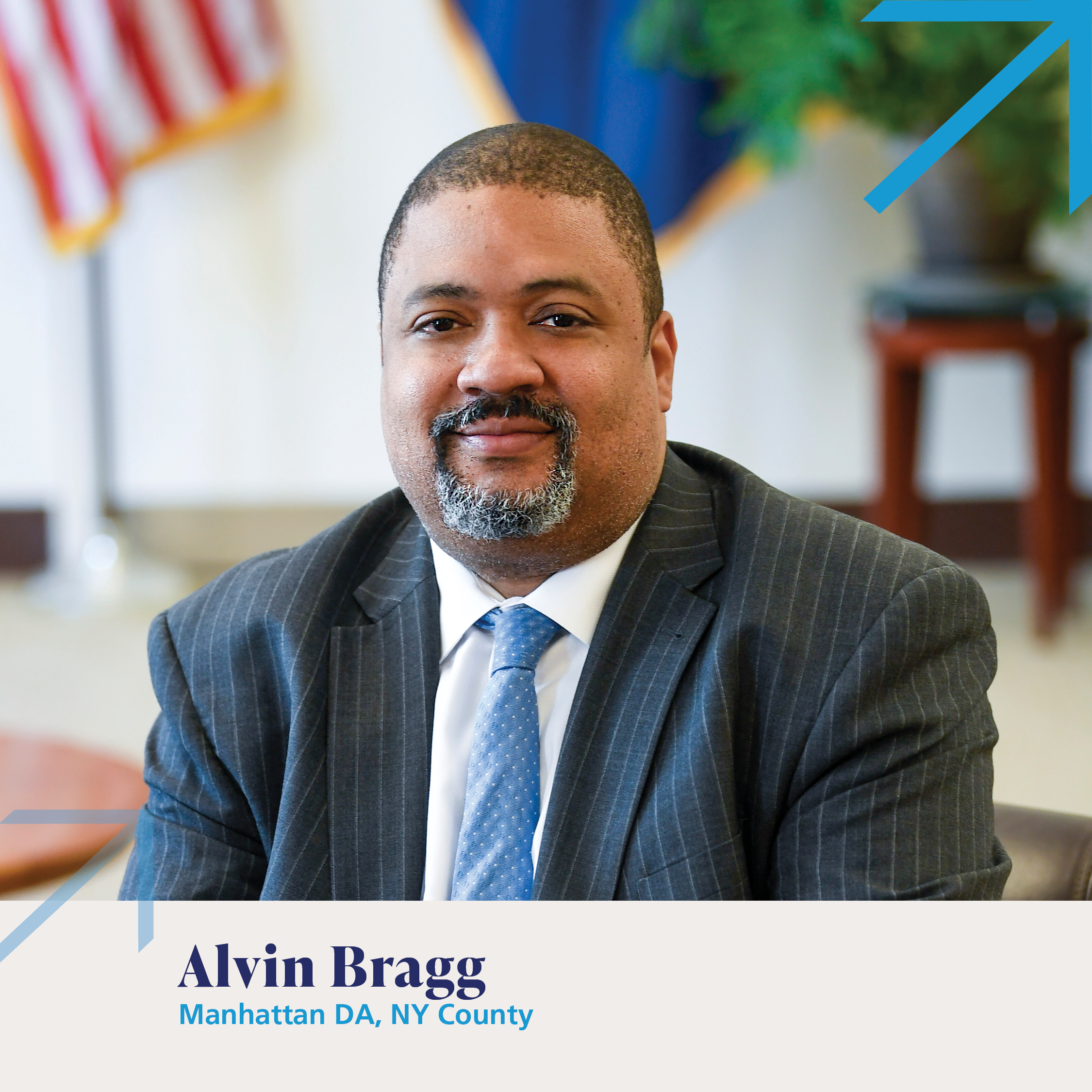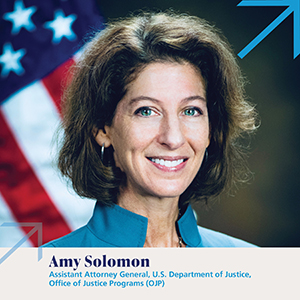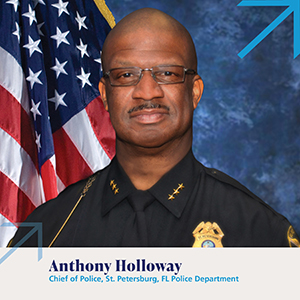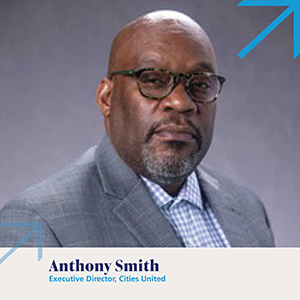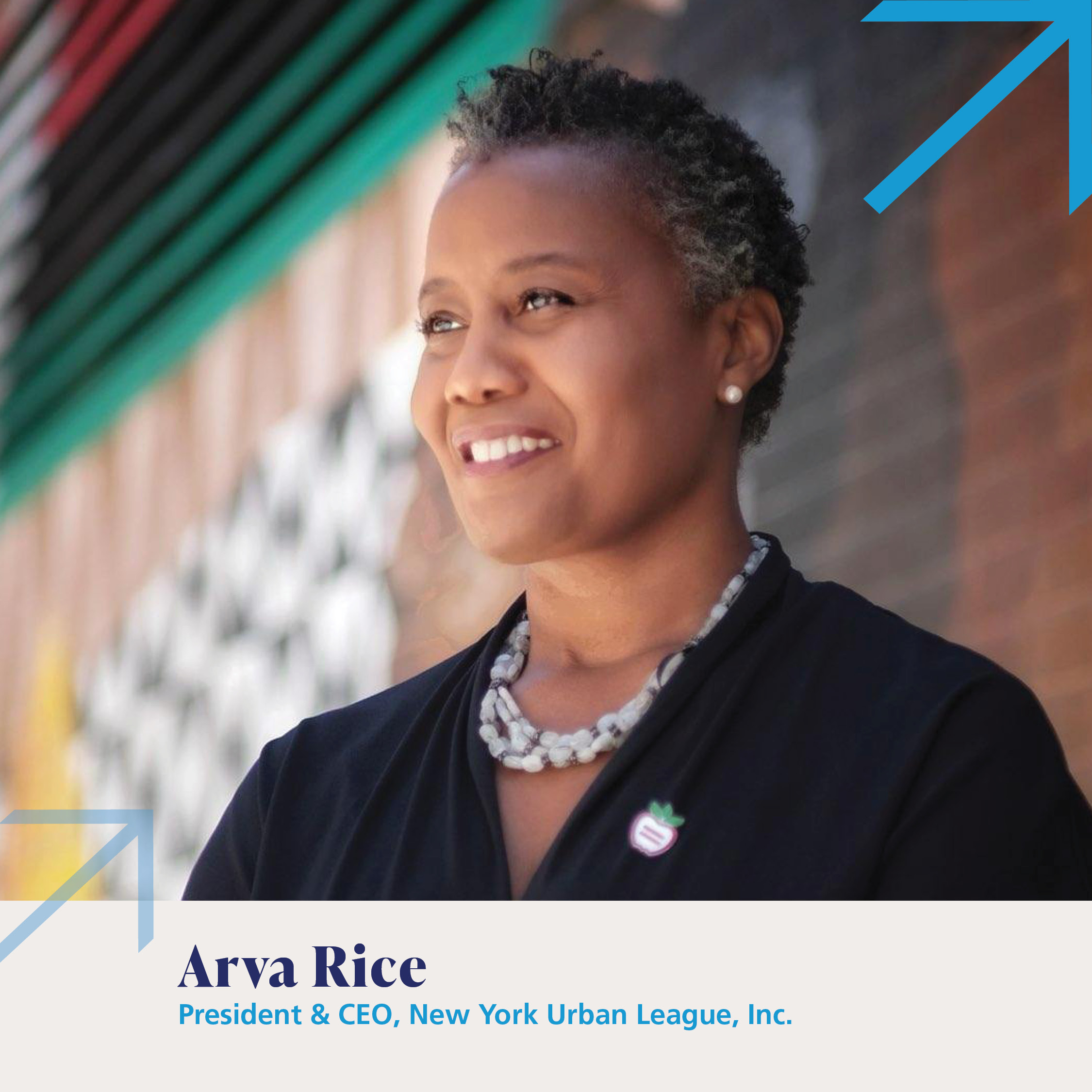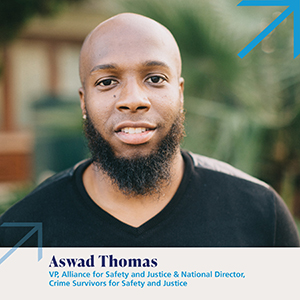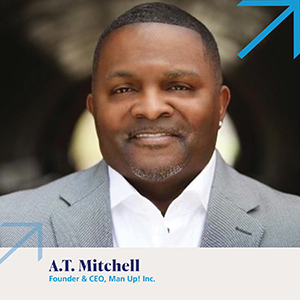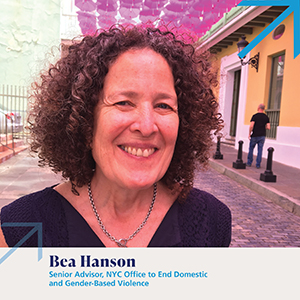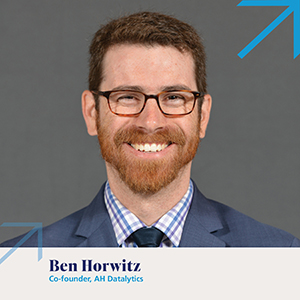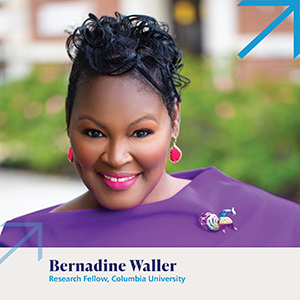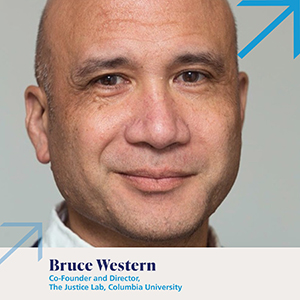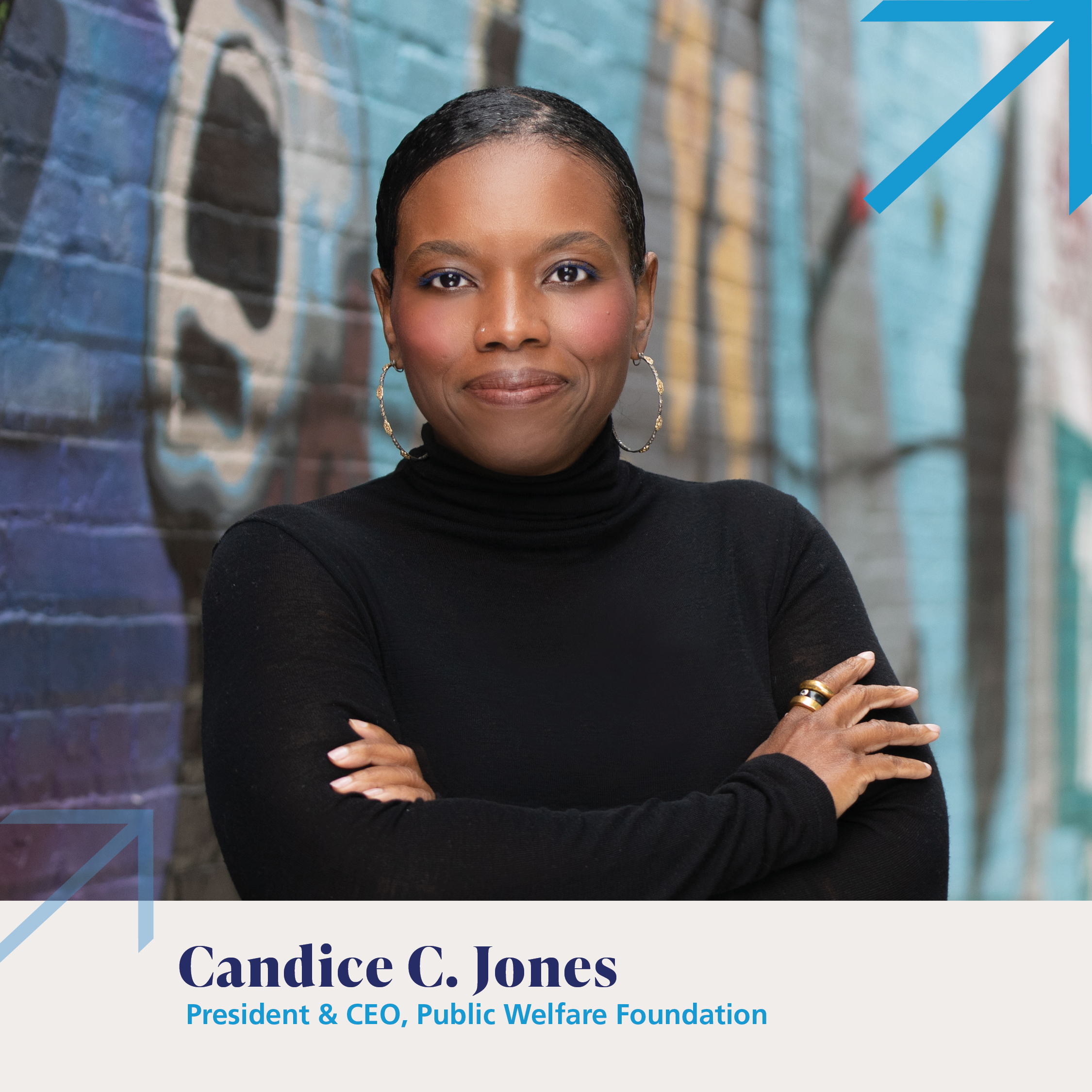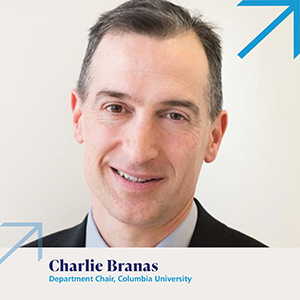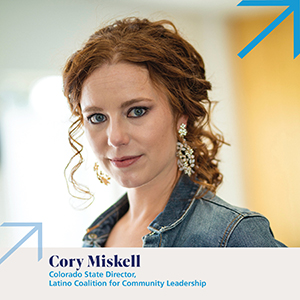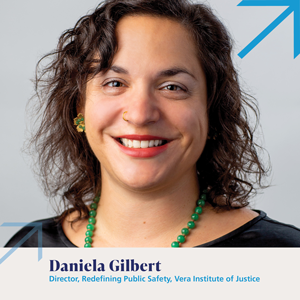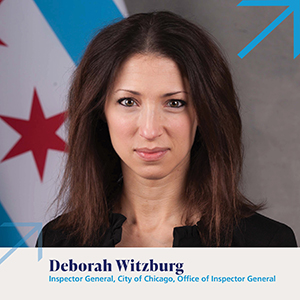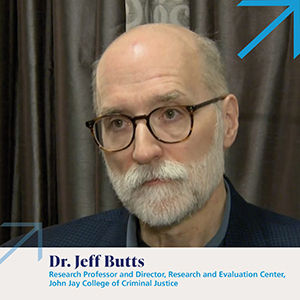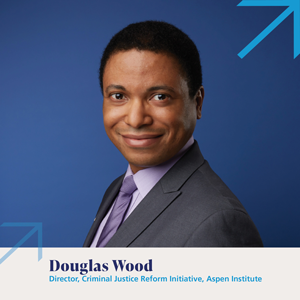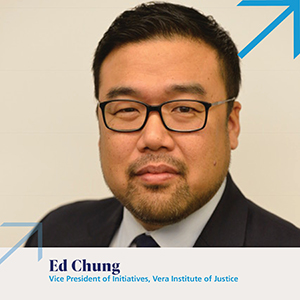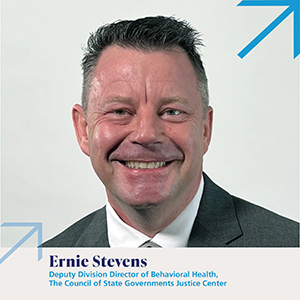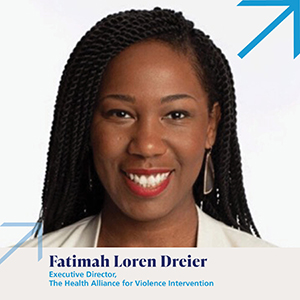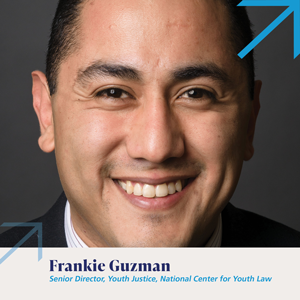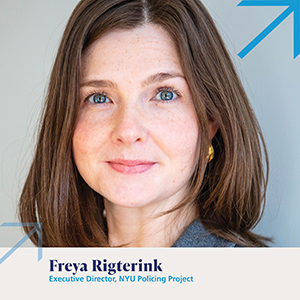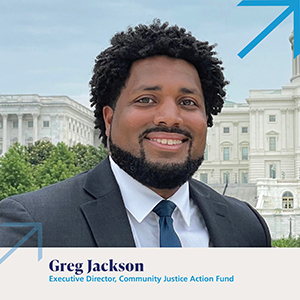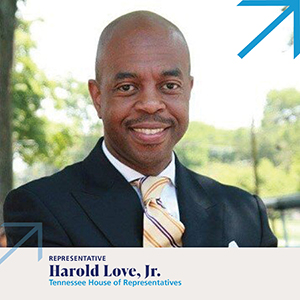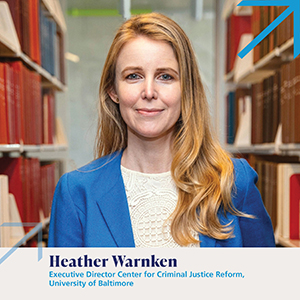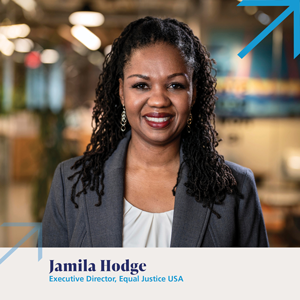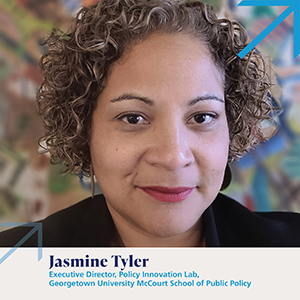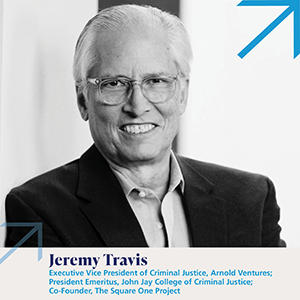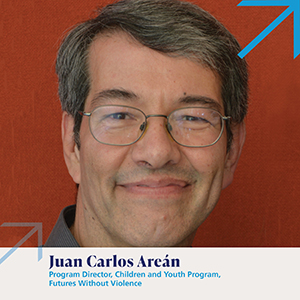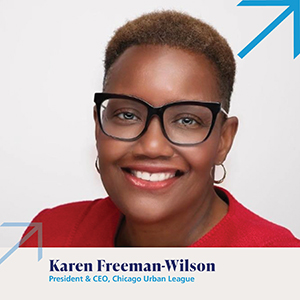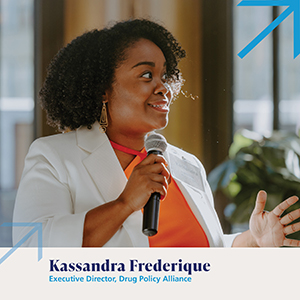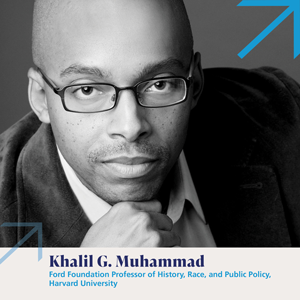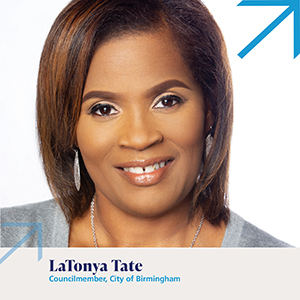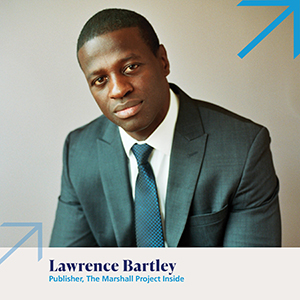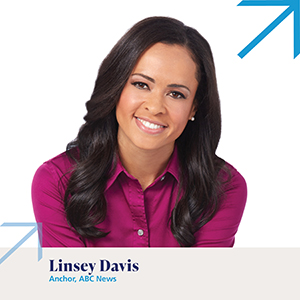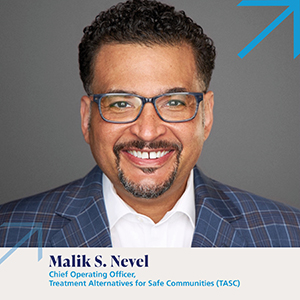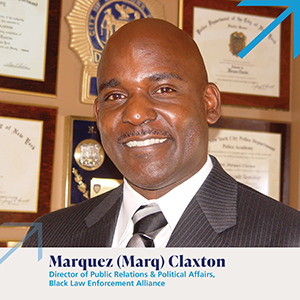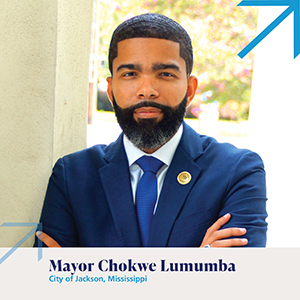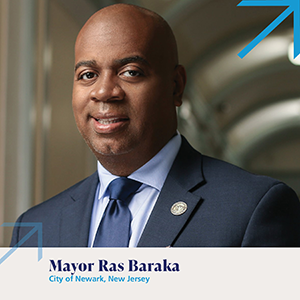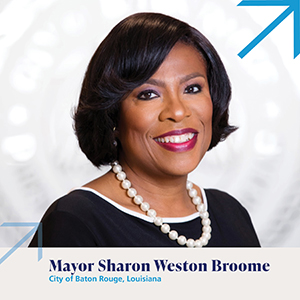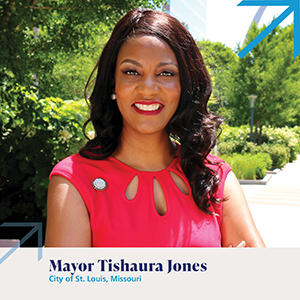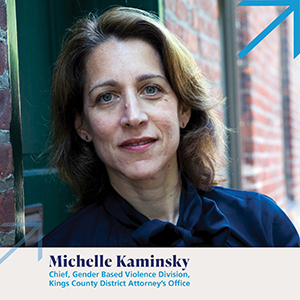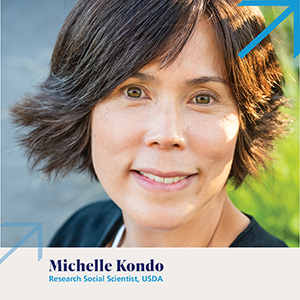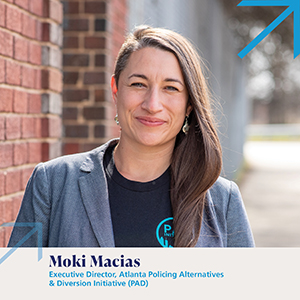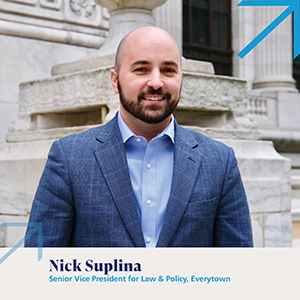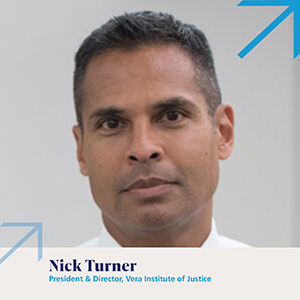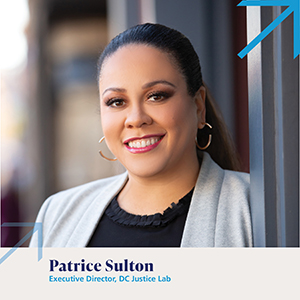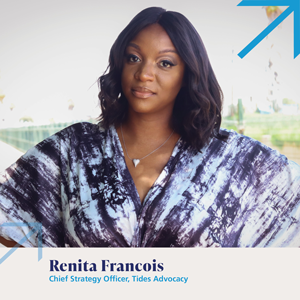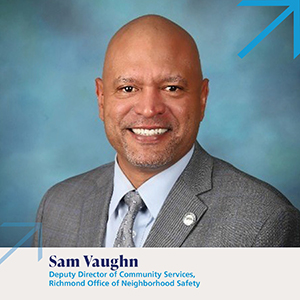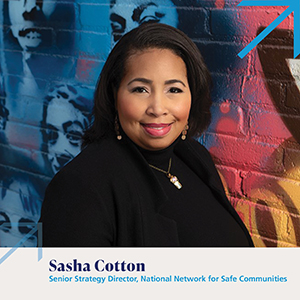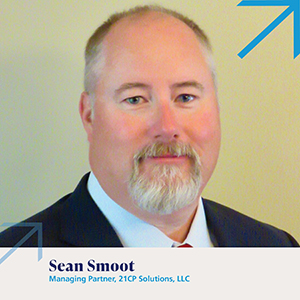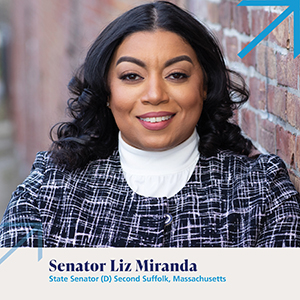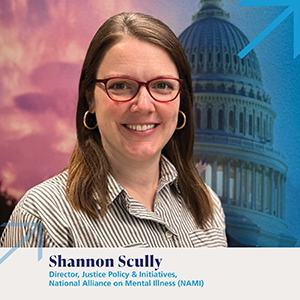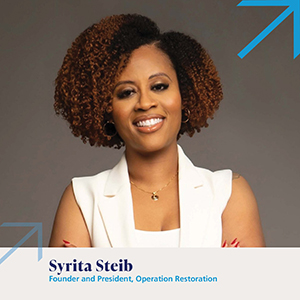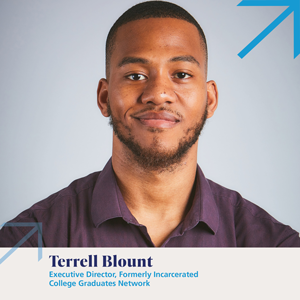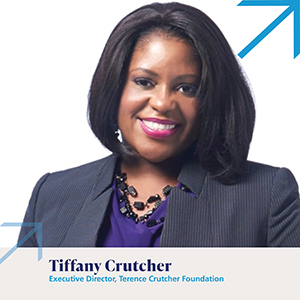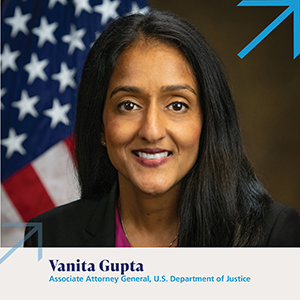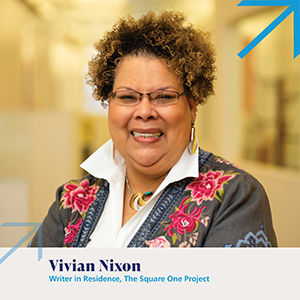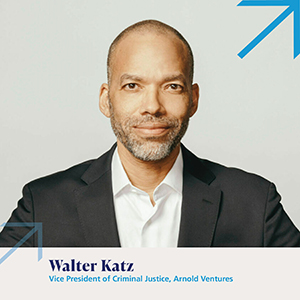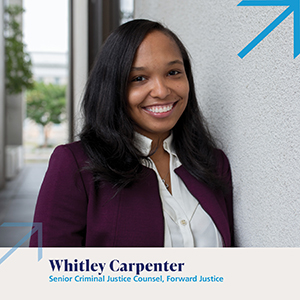Safe & Just Communities Summit
The National Urban League and John Jay College of Criminal Justice present the Safe & Just Communities Summit on Monday, May 8th and Tuesday, May 9th. This two-day convening in New York City will provide a comprehensive, community centered framework for safe communities that are Resourced, Just, Healthy, and Restored. Featured experts from government, community-based organizations, advocacy, law enforcement, and academia will provide actionable solutions to address violence prevention, improve community trust, and promote public safety.
Be Ready for the 2026 Summit
Join changemakers from across the nation for two powerful days of dialogue, connection, and action!
The Safe & Just Communities Summit is returning in 2026 to convene advocates, policymakers, civic leaders and practitioners and highlight strategies that make our communities safer, fairer, and stronger.
As we work to advance a reimagined approach to public safety, collaboration and shared learning experiences are more important than ever. By attending the 2026 Summit, you will:
- Learn from grassroots innovators driving change in communities nationwide
- Connect with national leaders shaping policy and practice
- Leave with real solutions you can implement in your community
Be the first to know when registration opens!
Resources
Catch up now by reviewing the recordings, and resources from the 2023 Summit below:
Click to view resources shared by Summit speakers, panelists & moderators:
*The resources do not reflect the views of John Jay College of Criminal Justice, the National Urban League or any Summit sponsors/partners & should not be considered an endorsement of these materials.
Summit panels will address key public safety issues, including:
· Implementing community-based strategies to address violence
· Transforming responses to people in crisis
· Advancing policing and police accountability
· Ending cycles of perpetual punishment and restoring rights
· Partnering with communities on public safety
· Proven policies for reducing gun violence
· Developments in drug policy
Sponsors
 |
 |
With Support From:

Speakers
Agenda
Monday, May 8
|
8:00am - 8:30am |
CONTINENTAL BREAKFAST (Lynn and Jules Kroll Atrium, Lobby Level)
|
|
8:30am - 12:00pm |
PLENARY SESSION (Gerald W. Lynch Theater, Lobby Level) Welcoming Remarks: Karol V. Mason, President, John Jay College of Criminal Justice Armchair Conversation: The Hon. Hakeem Jeffries, U.S. Representative (NY-08), House Democratic Leader and Marc H. Morial, President & CEO, National Urban League Panel Discussion: Safe communities are well resourced, just, healthy, and restored. Advancing each of these principles requires collaboration across government and communities and deep engagement with people and places most impacted by crime and violence. This panel will highlight the experiences and insights of change-makers working to improve safety and justice across the country. Moderator: Nick Turner, President & Director, Vera Institute of Justice Panelists: BREAK Panel Discussion: Parsimony and Other Radical Ideas About Justice “The recently released book, “Parsimony and Other Radical Ideas About Justice” brings together leading activists, legal practitioners, and researchers, many of them justice-involved, to envision a justice system that applies a less-is-more framework to achieve the goal of public safety. A group of distinguished contributors to the book will discuss how a parsimonious approach to punishment, alongside a reckoning with racism and affirmation of human dignity, would fundamentally change how we respond to harm. Moderator: Lawrence Bartley, Publisher, The Marshall Project Panelist:
Columbia University:
|
|
12:00pm - 1:30pm |
LUNCH & NETWORKING (Student Dining Hall, New Building, 2nd Floor)
|
|
1:30pm - 2:45pm
|
BREAKOUT SESSIONS #1 Safe Communities Principle: Resourced- Safe communities invest in community-based violence intervention programs and the government structures that support them, such as offices of violence prevention. PANEL 1: Strategies to Address Community Violence (Lecture Hall L.63, Lobby Level) Each year, thousands of people are killed with guns and an even larger number of people are harmed by exposure to violence in their communities. This is a public health crisis that can only be solved if community members, and the organizations that represent them, are resourced to directly address and prevent violence. This panel will examine various community-based violence intervention and prevention models, the role of government in supporting them and the existing research on community-based violence interventions (CVIs). Moderator: Amy Solomon, Principal Deputy Assistant Attorney General at U.S. Department of Justice, Office of Justice Programs (OJP) Panelists:
Safe Communities Principle: Healthy - Safe communities prioritize treatment and services, rather than a criminal justice response, for people in crisis. PANEL 2: Transforming Responses to Crisis Calls (Lecture Hall L.61, Lobby Level) Police have become the default first responders for a wide range of social issues, from mental illness to substance misuse to homelessness. However, there are community-based, health-centered responses that can lead to better outcomes for people facing these issues. This panel will highlight proven and promising examples of programs that drive needed resources to people in crisis and reduce pressures on police departments to respond to situations for which they may not have the appropriate training or expertise. Moderator: Daniela Gilbert, Director, Redefining Public Safety, Vera Institute of Justice Panelists:
Safe Communities Principle: Just - Safe communities ensure that police have the trust and confidence of the people they serve. PANEL 3: Fair & Accountable Policing for Safe Communities (Moot Court, 6th Floor) For police to contribute to public safety, they must be viewed as effective and legitimate by their communities. Building trust between police and communities requires transparency, accountability and resources. This panel will discuss the challenges communities face in ensuring fairness and accountability in policing and the opportunities to improve policing to keep all of our communities safe. Moderator: Walter Katz, Vice President of Criminal Justice, Arnold Ventures Panelists:
|
| 2:45pm - 3:00pm |
BREAK |
|
3:00pm - 4:30pm
|
BREAKOUT SESSIONS #2 Safe Communities Principle: Resourced - Safe communities empower residents most impacted by crime and violence to identify and implement solutions with the support of government and other institutional partners. PANEL 1: Best Practices for Community-Led Safety Initiatives (Lecture Hall L.63) This session will highlight best practices/models, including results-based performance management standards for community-based safety interventions; Provide models for sharing power between communities/government/law enforcement and frameworks, stories, and lessons learned re: collaborative governance. Moderator: Douglas Wood, Director, Criminal Justice Reform Initiative, Aspen Institute Panelists:
Safe Communities Principle: Healthy - Safe communities are green, clean, and livable. PANEL 2: The Role of Light, Blight and Green Space in Public Safety (Moot Court, 6th Floor) The physical environment of a community can shape safety for the better or worse. Green spaces and well-lit meeting places can support the cohesiveness of communities whereas abandoned lots can both result from and contribute to elevated rates of crime. This panel will highlight place-based public safety strategies that are associated with increased feelings of safety and sustainable reductions in gun violence and the research demonstrating their success. Moderator: Dr. Jeff Butts, Research Professor and Director, Research and Evaluation Center, John Jay College of Criminal Justice Panelists:
Safe Communities Principle: Restored - Safe communities end cycles of perpetual punishment by restoring the rights and privileges of people with criminal records and returning from prison to their communities. PANEL 3: Ending Cycles of Perpetual Punishment Through Rights Restoration (Lecture Hall L.61) People with criminal records often face legal restrictions and societal stigma long after their criminal case is closed. This can negatively impact access to the necessary supports (e.g., employment, housing, etc.) that enable people to build a stable life for themselves and their families as well as increase the risk of repeat contacts with the criminal legal system. This panel will discuss effort across the country to roll back restrictions and stigma that undermine stability and dignity for people with criminal records as well as public safety broadly. Moderator: Candice C. Jones, President & CEO, Public Welfare Foundation Panelists:
|
| 4:45pm - 6:45pm |
RECEPTION (Invitation only) |
Tuesday, May 9
|
8:30am - 9:30am |
CONTINENTAL BREAKFAST
|
| 9:30am - 11:20am |
PLENARY SESSION (Gerald W. Lynch Theater, Lobby Level) Armchair Conversation: Vanita Gupta, Associate Attorney General, US Department of Justice and Karol Mason, President, John Jay College of Criminal Justice Mayoral Roundtable: This conversation seeks to demystify the complex nature of managing and leading cities in the modern era of public safety, community relations, and accountability to the public. Moderator: Linsey Davis, Anchor, ABC News Panelists
|
| 11:20am - 11:30am |
BREAK |
|
11:30am - 12:45pm
|
BREAKOUT SESSIONS Safe Communities Principle: Resourced- Safe communities invest in programs and policies that reduce gun violence. PANEL 1: Advancing Gun Violence Reduction Efforts (Moot Court, 6th Floor) In an average year, gun violence in America kills 40,000 people, wounds twice as many, and costs the nation $557 billion. Firearm-related deaths have become the leading cause of death among young people and 648 mass shootings took place in 2022. This panel will address the barriers to gun violence reduction, including the Supreme Court’s recent Bruen decision, and the opportunities for meaningful legal and policy reforms at the local, state and federal levels. Moderator: Jonathan Capehart, Associate Editor, The Washington Post and Anchor, MSNBC Panelists:
Safe Communities Principle: Just - Safe communities ensure that police have the trust and confidence of the people they serve. PANEL 2: No Justice Without Gender Justice (Lecture Hall L.61, Lobby Level) The prevalence of gender-based and intimate partner violence in communities across the nation undermines public safety, particularly for women, BIPOC people, lesbian, gay, transgender, and gender non-conforming people. Traditional public safety approaches, such as policing and prosecution, are often ill-equipped to address the root causes of this type of violence and meet the needs of survivors. In this session, experts will discuss the drivers of gender-based and intimate partner violence as well as evidence-based and promising approaches to disrupting these forms of violence. Moderator: Bea Hanson, Senior Advisor, NYC Mayor’s Office to End Domestic and Gender-Based Violence Panelists:
Safe Communities Principle: Healthy - Safe communities respond to substance use and misuse with education, treatment and regulation that addresses historical racial disparities in enforcement and healthcare. PANEL 3: From the War on Drugs to Harm Reduction: Recent Transformations in Drug Policy (Student Dining Hall, New Building, 2nd Floor) Across the nation, there have been significant shifts in the public discourse, law and policy with regards to drug use and drug markets. An increasing number of states have decriminalized and/or legalized marijuana and Oregon recently became the first state to decriminalize possession of small amounts of other drugs (e.g., heroin, cocaine, methamphetamine). Many communities have responded to the opioid crisis by adopting programs and policies that encourage treatment over punishment. This panel will discuss successes and challenges associated with recent reforms related to legalization, decriminalization, harm reduction, and changing federal drug scheduling. Moderator: Jasmine Tyler, Executive Director, Policy Innovation Lab, Georgetown University McCourt School of Public Policy Panelists:
Safe Communities Principle: Restored - Safe communities acknowledge and address the racial disparities impacting Black, brown, and tribal communities that suffer from state violence and discrimination. PANEL 4: Addressing Racial Disparities in the Criminal Legal System (Conference Room 9.64, 9th Floor) Well-documented racial inequities in the criminal legal system reflect the socioeconomic challenges faced by communities of color as well as broader issues of racism in our society. This panel will discuss the role that race plays in our existing systems of public safety. It will also highlight the policies, programs and investments that are necessary to address racial inequities and heal communities of color, including through racial reconciliation, criminal legal system reforms and community investment. Moderator: Ed Chung, Vice President of Initiatives, Vera Institute of Justice Panelists:
|
| 12:45pm |
PROGRAM ENDS |


